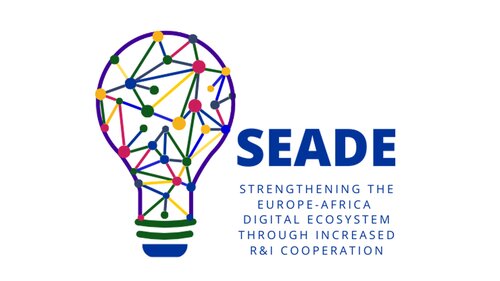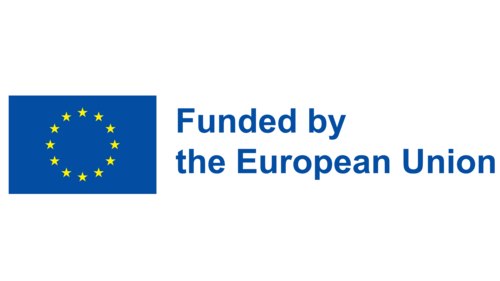CISPA signs Memoranda of Understanding with UCT and WITS
CISPA signs Memoranda of Understanding with UCT and WITS
During a recent Knowledge Exchange Workshop with cybersecurity researchers from UCT and WITS at the CISPA main site in Saarbrücken, Faith Blakemore, Head of International Affairs and Science Relations, signed both MoU on behalf of CISPA. She says: “When CISPA signed the Africa Charter earlier this year, we were keen to take the next step through the development of partnerships such as these: Partnerships that not only create opportunities for CISPA researchers to engage with the scientific community in Africa, but that also open up new international research perspectives and trajectories to all partners involved. These MoU will now act as the foundation for further exciting and equally beneficial activities, including research opportunities for members of all our institutions.”
In partnership with UCT and WITS, CISPA will enable cross-institutional exchange between researchers and students as well as facilitate mutual visits and joint research projects with the aim of driving research and innovation in cybersecurity and trustworthy AI. Already the exchange had an auspicious start with CISPA-Faculty supporting WITS in the development of two new postgraduate degrees in cybersecurity. Also, one master’s student at UCT is currently writing his thesis in a co-supervision model with researchers from both UCT and CISPA.
Professor Jon Shock, Director of the UCT AI Initiative, says: “The University of Cape Town and CISPA have signed a landmark Memorandum of Understanding to advance cutting-edge research and capacity building in cybersecurity and artificial intelligence. This partnership brings together one of Africa’s leading academic institutions and one of Europe’s foremost institutes in information security, creating new opportunities for joint projects, student exchanges, and the co-development of innovative solutions to global digital challenges. The MoU underscores UCT’s commitment to building international collaborations that strengthen both fundamental research and the application of secure, trustworthy technologies in African and global contexts.”
Professor Richard Klein, Deputy Head of the School of Computer Science and Applied Mathematics at the University of the Witwatersrand, says about the MoU with CISPA: “The collaboration establishes a framework for joint research, academic exchanges, and co-supervision of postgraduate students in the fields of cybersecurity, artificial intelligence, machine learning, and cryptography. It will also support the two new postgraduate degrees in cybersecurity that Wits will spearhead in 2026.”
Finding common ground for future research collaborations was at the heart of the three-day Knowledge Exchange Workshop with cybersecurity researchers from CISPA, UCT, and WITS, which took place in September 2025. In various formats, including presentations and breakout sessions, the participants shared insights in their work and discussed German and South African perspectives in cybersecurity, machine learning, and trustworthy AI. In two fascinating keynote lectures, the guests also provided stimuli for further scientific exchange and debate. Wallace Chigona, Professor in Information Systems at UCT, spoke on cybersecurity capacity development in Africa, while Benjamin Rosman, Professor in Artificial Intelligence and Robotics at WITS, spoke on the development of safe, general robots through logical behavior composition. Taken together, these lectures exemplify the wide range of scientific interests and concerns that characterise these new cooperations.
The Knowledge Exchange Workshop at CISPA with research staff from UCT and WITS was supported by the SEADE Twinning Programme. SEADE is a project funded through the European Union's Horizon Europe programme.

